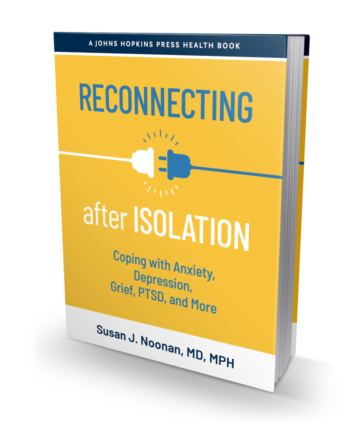Do you ever feel that your opinion is not recognized or acknowledged by those who do research in psychiatry, those who are looking for better treatments for you? That your experiences in living with a mental illness are not considered important by them? Perhaps you have symptoms or side effects of medications that you want to let them know about and you don’t know how to do it. Well, I can see how you could feel that way. I also have come to know personally some of the major clinicians who do the top research in psychiatry and I can tell you that they do care very much about our opinion and experiences. Their goals are the same as ours.
One exciting thing that has happened recently is a brand new approach to doing research in psychiatry. It’s an ambitious new research project that is an online collaboration between those who have depression or bipolar disorder, clinicians and researchers in psychiatry. It’s called the Mood Network. The goal is to improve lives and empower people who have mood disorders. A project of the Department of Psychiatry of the Massachusetts General Hospital, Boston, MA, the study’s head guy, or principal investigator, is Dr. Andrew Nierenberg, a brilliant clinician and professor of psychiatry at Harvard Medical School, and a super-cool guy.
In traditional practice clinicians often don’t have a good way to predict who will respond to which therapies, so people may have to try many different types of treatments until they find one that suits their needs. The Mood Network is a partnership that respects the person who has depression as an “expert-by-experience” in the effort to find which treatment, therapies and practice work best for which type of symptoms and which person. It’s a way to give us a voice, where our perspectives, opinions and experiences matter and are welcomed. It’s the first time we have been invited to be engaged in clinical research like this as equal partners in what’s important to us. The focus is on how you feel about your symptoms and treatment.
The usual custom for research studies in psychiatry is to involve a relatively small number of people who experience an illness like depression or bipolar disorder. That proved to be somewhat limiting in our understanding whether or not the study conclusions applied to a larger number of people with different types of symptoms. The Mood Network’s goal is to engage 50,000 people with depression or bipolar disorder in their online studies. Information gained from the studies, which is confidential, will contribute to a pool of data that will now be large enough for researchers to figure out which treatments work best for which kind of mood disorders in which people.
Here’s how it works. The Mood Network is based online at https://moodnetwork.org. It’s free. It’s confidential. If you are interested in participating, you create your own username and password to log on to the Mood Network website. Then you are able to access the Mood Network’s Blogs and Forum’s (discussion groups) where you are free to read about other people’s opinions and experiences with their illness, side effects, different treatments, etc. You can also confidentially post your own comments or respond to what others have written. Sharing information like that has become very helpful and validating to many people. The Mood Network researchers pay great attention to what is posted in these sections. There is also a place where you can ask questions of an expert clinician and give your feedback on what is important to you in terms of areas of research for them to focus on. You can go to a section called “How am I doing?” and take a questionnaire or two to see if you currently have depression or mania, and then track your progress along time. This is very helpful concrete information for you to have.
In addition, the Mood Network has continuing online research studies that you can choose to participate in, confidentially, such as the benefits of doing yoga with a certain online video or the use of a particular smart phone application in mood disorders. It’s not the kind of research where you take a new medication or show up in clinic. The Mood Network uses all of this information, confidentially, to understand how people are doing in general and what treatments they have found to be helpful. They link that info about helpful treatments (confidentially) to the type of symptoms, which we know varies among people. You don’t have to worry about personal identifying information getting out. There is also a place where you can give feedback to the Mood Network clinicians about any concerns you have.
It’s an interesting concept and an exciting opportunity to be able to participate as part of the solution. I encourage you to take a look at it.
Stay well!
This blog was originally posted on Psychology Today on my column View From the Mist.

